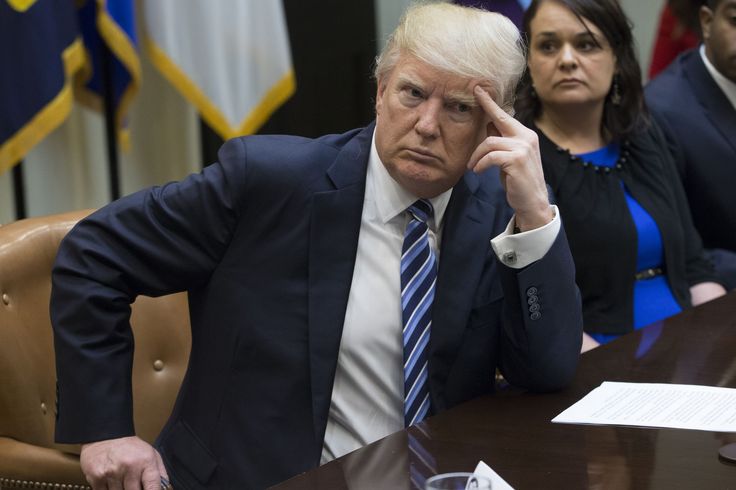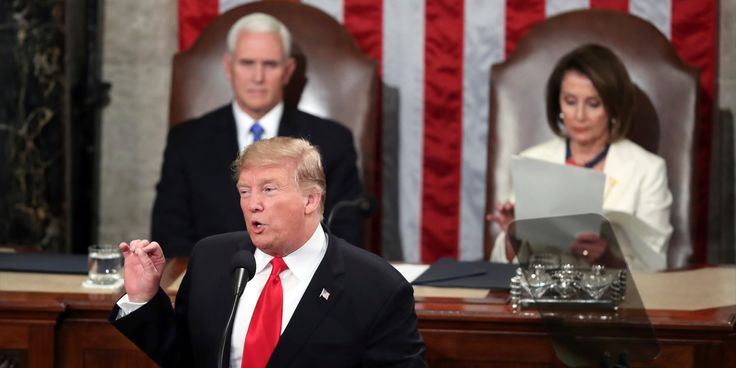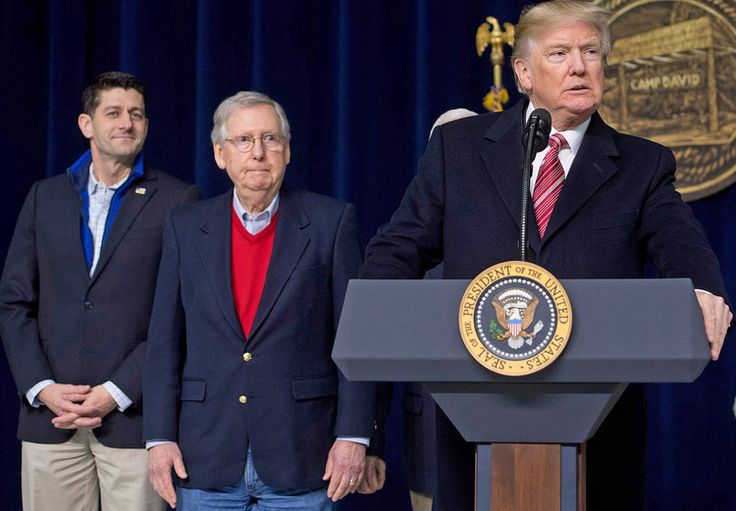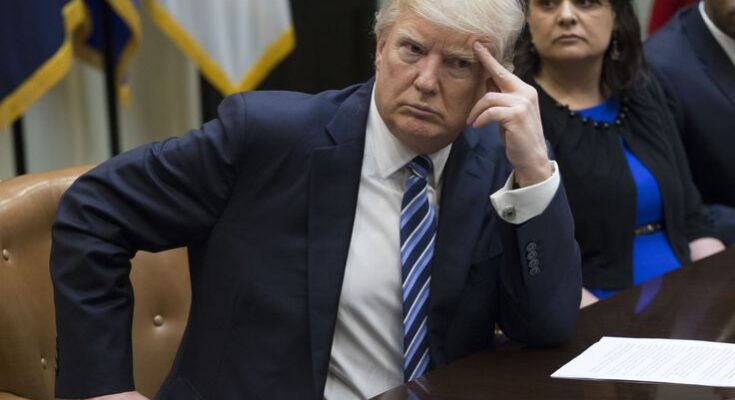The Potential Closure of TikTok in the USA: What It Means

TikTok, the social media platform known for its short-form video content, has seen explosive growth since its global launch. With over 100 million users in the United States alone, the app has captured the attention of a broad demographic, particularly younger users. However, its potential closure in the U.S. has been a topic of heated debate in recent years, raising concerns about national security, privacy, and the power of foreign-owned apps in the American market. In this article, we will explore the reasons behind the potential ban or closure of TikTok in the U.S., the political and legal challenges it faces, and the broader implications for social media platforms and global trade.
The National Security Concerns

At the heart of the debate over TikTok’s future in the U.S. lies concerns about national security. TikTok is owned by ByteDance, a Chinese technology company. U.S. lawmakers, particularly those from the Republican and Democratic parties, have raised alarm about the potential for the Chinese government to access data collected by the app, citing China’s strict data laws that require companies to cooperate with state intelligence agencies.
The main concern is that TikTok collects vast amounts of user data, including location, browsing history, and interactions within the app. Critics fear that this data could be used to surveil American citizens or even influence political opinions. The idea that TikTok could be used as a tool for espionage has driven efforts to investigate the app’s operations and demand action from ByteDance to separate its U.S. operations from its Chinese headquarters.
Legislation and Government Actions

The U.S. government has already taken a series of actions to address these concerns. In 2020, President Donald Trump signed an executive order attempting to ban TikTok, citing national security threats. The order gave ByteDance a 45-day deadline to divest its U.S. operations, although this directive faced significant legal challenges and was never fully enacted.
In response to the Trump administration’s executive order, TikTok attempted to navigate the legal hurdles by engaging in negotiations to sell its U.S. operations to American companies, such as Oracle and Walmart. However, these talks were unsuccessful, and the future of the app in the U.S. remained uncertain.
In 2021, the Biden administration launched a review of TikTok’s security risks, continuing the scrutiny over potential data privacy violations. The review came amid growing bipartisan concerns in Congress about Chinese influence in U.S. technology. In December 2022, the U.S. government introduced further measures, such as banning TikTok on government-issued devices, heightening the debate on its potential ban in the broader market.
Legal Challenges and Court Battles

In addition to the political challenges TikTok faces in the U.S., the company has also been involved in various legal battles. TikTok has repeatedly denied allegations of mishandling user data or being a tool for Chinese government espionage. The company has taken legal action to challenge bans, claiming that they violate free speech rights and that the accusations against the platform are based on unfounded fears.
In a notable case, TikTok filed a lawsuit against the Trump administration’s executive order, arguing that the decision to ban the app was arbitrary and violated due process. A U.S. district judge temporarily blocked the ban, allowing the app to continue operating in the country. This legal pushback underscores the complex relationship between national security concerns and constitutional protections, such as the First Amendment.
TikTok has also invested heavily in improving transparency and security measures to counter accusations that it poses a threat to American privacy. The company has opened “transparency centers” and hired independent auditors to review its data handling practices. Despite these efforts, the legal and political landscape remains fraught with tension.
The Economic and Social Impact
If TikTok were to be banned or forced to shut down in the U.S., the economic impact would be significant. TikTok has become a major platform for content creators, influencers, and businesses that rely on its algorithm-driven exposure to promote products and services. The app has generated billions of dollars in advertising revenue and has created a new ecosystem for digital marketing. A ban would disrupt this ecosystem, leaving creators without a key platform to engage their audiences and impacting the advertising revenue streams of brands and businesses.
Moreover, TikTok has been a significant source of jobs, with thousands of people working in content moderation, marketing, partnerships, and data analysis. The closure of the app could have ripple effects on the broader social media industry, particularly as companies like Instagram, YouTube, and Snapchat vie for users’ attention.
Socially, a TikTok shutdown would leave a cultural void for millions of young people who use the platform to express themselves, create content, and stay connected with friends. The app has shaped a generation’s digital identity, contributing to viral trends, music promotion, and social movements. A ban could stifle a space for creativity, self-expression, and community engagement for many.
The Geopolitical Dimensions
The debate over TikTok’s future also touches on broader geopolitical tensions between the U.S. and China. Relations between the two countries have become increasingly strained, particularly in areas of trade, technology, and international influence. The U.S. government’s actions against TikTok are part of a larger effort to curb China’s growing dominance in global technology, particularly in fields like artificial intelligence, telecommunications, and data security.
China has also responded to U.S. actions, viewing the scrutiny of TikTok as a form of economic and technological containment. The Chinese government has made it clear that it sees the U.S. actions against TikTok as a violation of free-market principles and an example of protectionism. As a result, the situation surrounding TikTok has become a battleground in the larger competition between two of the world’s most powerful nations.
What Lies Ahead?
Looking ahead, the future of TikTok in the U.S. remains uncertain. The platform continues to face legal challenges, political scrutiny, and potential actions from the government. While TikTok has taken steps to address security concerns, such as storing U.S. user data on American servers and implementing stronger privacy safeguards, the app remains under intense scrutiny.
For now, TikTok is fighting to remain operational in the U.S., but its fate will likely depend on the outcome of ongoing legal battles, regulatory decisions, and geopolitical considerations. If TikTok is forced to close its U.S. operations, it would represent a significant shift in the global digital landscape, with far-reaching implications for the future of social media, data privacy, and international relations.
In conclusion, the potential closure of TikTok in the U.S. is a multifaceted issue, involving concerns over national security, legal challenges, economic impacts, and geopolitical tensions. While TikTok’s future in the U.S. is still uncertain, it is clear that the app has become more than just a social media platform; it is a symbol of the larger struggles for influence, data sovereignty, and the balance between security and freedom in the digital age.



